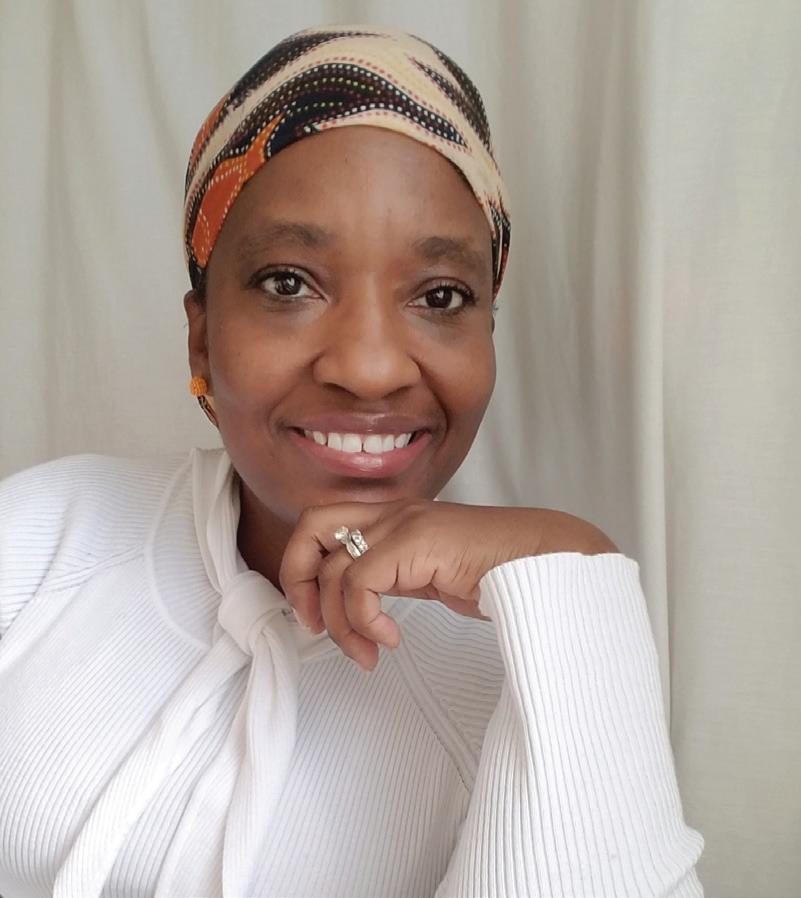
2 minute read
Foreword
Over the 10 years of Teen Reading Lounge’s existence, PA Humanities and I have learned a lot about youth-led programming, the connection between youth development and the humanities, and the needs of adults working in this space. When we started out creating this publication, we hoped to center the program and highlight how successful TRL had been in sites across Pennsylvania. During this process, however, PA Humanities discovered a richer narrative – one that tells the successes of Teen Reading Lounge but also highlights lessons about equity and inclusion and what our roles should be as researchers, program partners, and grantmakers. Tucked into each programmatic shift described within this brief are larger organizational learnings about trust, flexibility, collaboration, and power-sharing.
The process of blending research with practice to improve programming is not easy. PA Humanities made necessary adjustments to a successful program to concentrate efforts on serving those youth who were benefiting the most. Evaluation data and social science research were continually married to produce a quality program that includes cultural competencies and content for serving youth of color. This brief is a presentation of what PA Humanities has learned so far. Youth-serving organizations, humanities organizations and funders can refer to this brief for learning about the process of creating programs that are designed to serve youth of color, identifying the types of partnerships that benefit youth, being engaged, and for creating funding priorities that are aligned with what works.
Although this brief doesn’t specifically address the COVID-19 pandemic and the national uprisings and protests for racial justice, both of these occurrences have directly impacted the way TRL sites work with young people and how PA Humanities supports community sites. We have spent the last three years centering TRL programming to serve racially and economically diverse youth living in communities across Pennsylvania. Collectively, we are rethinking and learning about new ways to engage youth in the humanities. In addition, through professional development, we are continuing to support our host sites as they navigate conversations about race, human rights, power, and justice – all topics that have naturally grown out of TRL discussions for a decade and are now at the forefront in light of the growing racial justice movement exacerbated by the pandemic.
I invite you to read on and learn with us. We expect this brief will produce questions about our work and approach - and we hope it will help you think more deeply about your work with young people.









